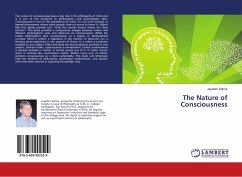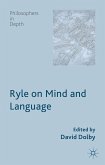Mind poses many mysteries to the humankind. From the days of Socrates, intellectuals have tried to demystify it; yet it has proved to be one of the final frontiers eluding scientific comprehension. The behaviouristic school of thought is a prominent attempt to naturalise the human mind. Since B F Skinner popularised behaviourism, mind has also been studied on the bases of the visible and perceptible behavioural attributes and patterns displayed by the human agency. From behavioural economics to behavioural ethics, behavioural correlates of consciousness are seemingly taking us one step closer toward naturalising it. However, behaviourism grossly ignores many important elements of the human agency, e.g., freewill, intentionality, subjective experience, human creativity, etc. In this book, behaviourism as a means to naturalise the human mind is questioned. Instead, an ontological attempt is proposed to naturalise some potentially naturalisable features of the human mind, particularly intentionality. To conclude, following scepticism, mind is posited as a repository of profound mysteries that is claimed to be beyond the grasp of reductionist approaches like behaviourism.
Bitte wählen Sie Ihr Anliegen aus.
Rechnungen
Retourenschein anfordern
Bestellstatus
Storno








